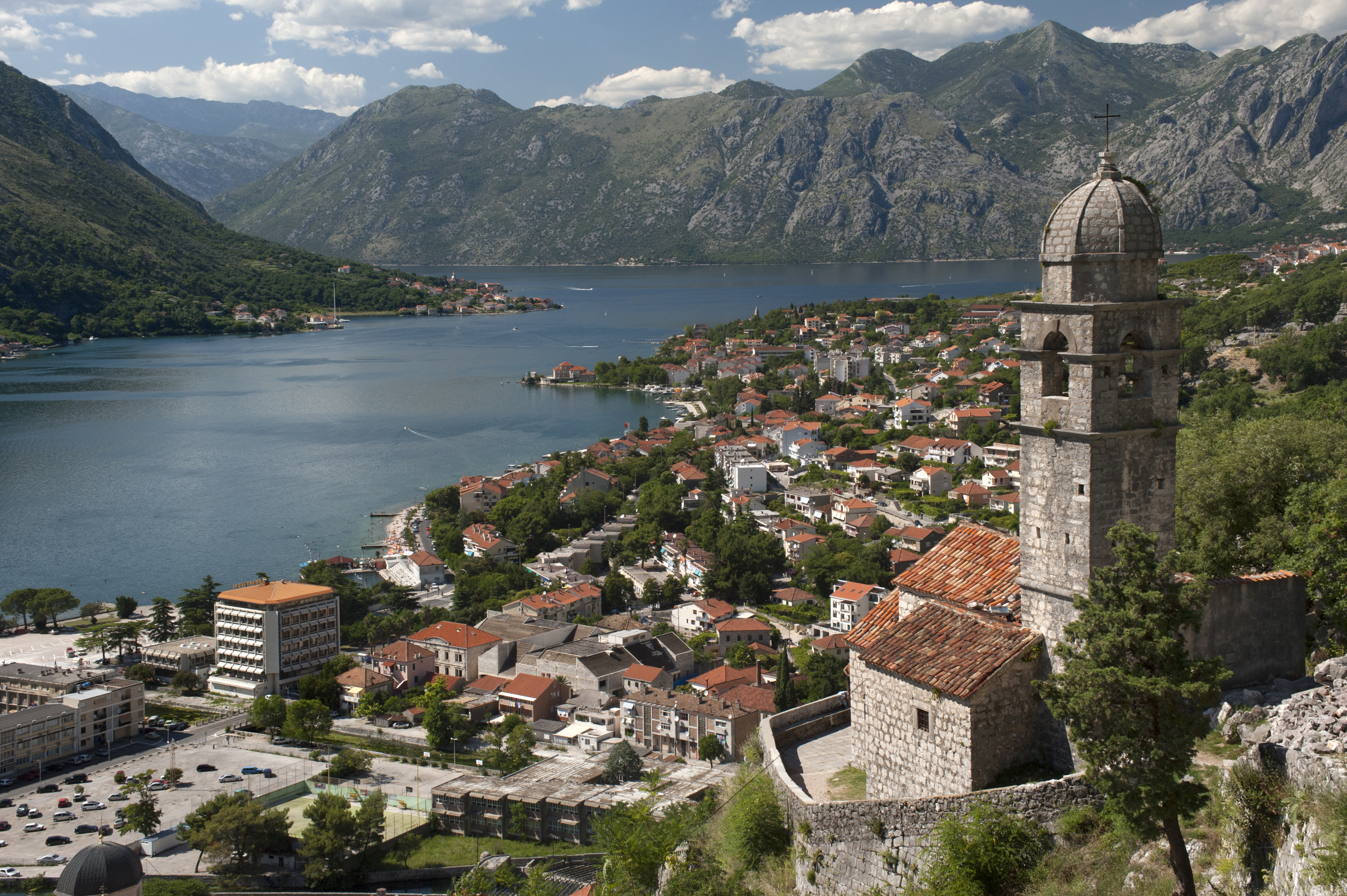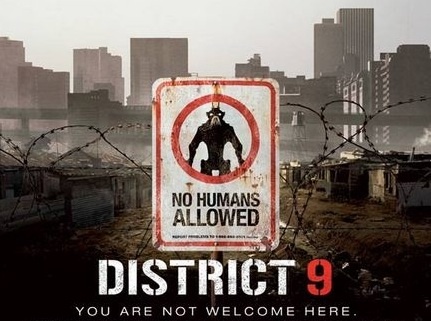On Wednesday December 2, 2015 at a conference in Brussels, Montenegro was invited to join NATO, which is a triumph for this small Balkan state, pushing it in the direction of greater international and European integration.
Montenegro, part of former-Yugoslavia has been aiming for a role in NATO since its secession from Serbia in 2006. This marks a step toward good governance and strong democratic ideals by the West and many officials in the Parliament of Montenegro. However, it has been argued that this bid for NATO membership has only been approved through popular vote internally within the Parliament. An argument has surfaced, by RT (a Russian news outlet) that this decision may not be entirely democratic.
It is important to consider the perspective of this article, coming from its Russian bias and what it brings to, or takes away from Montenegro and NATO discussions. It has claimed that this decision by Prime Minister Milo Djukanovic is not democratic as his party has been ruling for the past 25 years and is a branch off Joseph Broz Tito’s communist regime. However, this has stretched Russian credibility, given how long Putin himself has been in power in Russia. Speaking of accountability is far from familiar for Russia and Russian media.
As NATO Secretary General, Jens Stoltenberg, claims that Montenegro’s inclusion into the alliance would be a good step for integration and strengthening of Euro-Atlantic relations, Montenegro can also offer an interesting strategic alliance for NATO as well. NATO gets a large part of Europe through its growing membership. Additionally, given its location, NATO wouldn’t have to worry much about the defense of Montenegro. As Steve Saidemen writes: “Given its location, it is unlikely that NATO would have to defend it from an attack, so it does not stretch the credibility of the alliance. That is one of the key reasons why membership for Ukraine or Georgia is a bad idea – the NATO possesses neither the will not the ability to defend either.” In this case, Montenegro and NATO both get the benefit for greater European integration.
However, economically, Montenegro does face a problem. With the investment boom over the last fifteen years, the nation has one of the fastest growing economies. Unfortunately for its growing relations with NATO it will find that it runs a risk of losing one of its biggest economic investors; Russia. Direct investment from Russia from 2003 to 2007 went from 2 million to 118 million Euros. According to the central Russian bank of Russia, total direct investment was about US$1.1 billion in 2013. Additionally, 32% of the registered foreign companies that do invest originate from Russia. At the same time however, about 95% of Montenegro’s exports are catered to the West. Russia only accounted for about US$4 million for exports while Montenegro exports to EU nations are about US$317 million.
Victor Kolbanvosky, the director of the Balkan Center for International Cooperation, said that Russia’s response could be both diplomatic and economic: “There will be no more visits by the Russian minister of foreign relations and Russian parliamentary delegations to Montenegro. But Montenegro’s leaders should understand that joining NATO without consulting the people would mean economic losses for them. There are many companies in Montenegro’s hotel business, transportation and other spheres, which have Russian capital in them. Degradation of relations may damage the companies which give jobs to hundreds of Montenegrins.”
Additionally, this happens at a time of strained relationship between Russia and NATO due to the Russian aircraft that was shot down by Turkey (a NATO member) in November. It may be in the interest of NATO members to have a working relationship with Russia as they are all working against the same terrorist forces in Syria.
While economics has been covered; public polls and opinions are another story. Pro-Russian parties have begun protesting on the streets of Montenegro’s capital, Podgorica. Analysts have suggested that there could be a chance that Moscow is encouraging the protests – while it is not certain, it certainly is not out of character for Russia. Wolfgang Pertitsch, President of the Austrian Marshall Foundation, suggests that Russia is very much against NATO membership of any country, and this can be seen with their conflict in Georgia and Ukraine. Additionally, the pro-Russian efforts in Montenegro have highlighted the remaining anger among ethnic Serbs over NATO bombings of Serbian targets in 1999.
All in all, Montenegro’s ascension to NATO would be a good idea – it would allow for Western integration, the building of Euro-Atlantic relations and encourage transparency in governments in the Balkans (something the region desperately needs). However, with Russian intervention and Serb descent within the state, a peaceful transition to NATO is not likely. In spite of it’s economic dependency on Russia, Montenegro will find greater prospects as it looks westward and it need not be hindered by the bullying tendencies of Russia.




